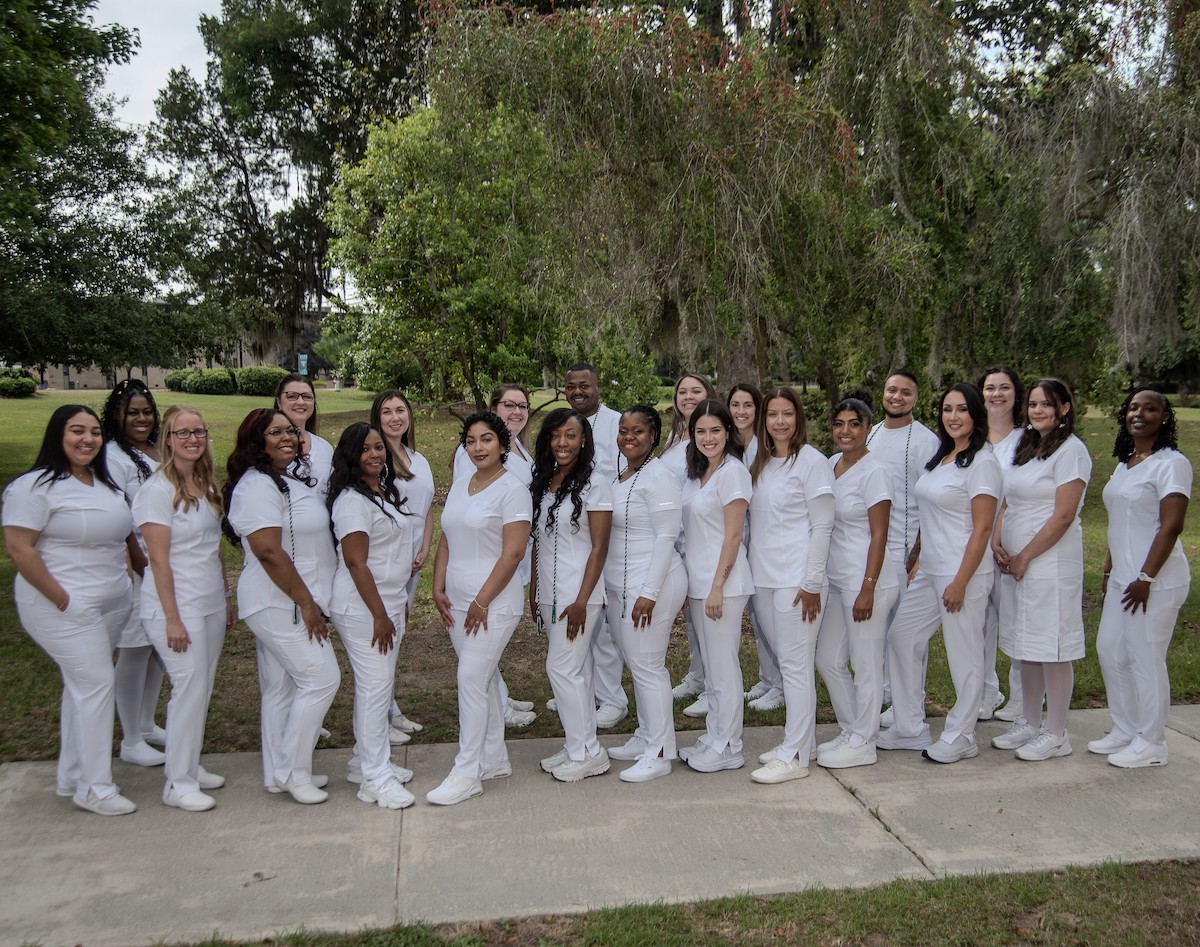By Edward Blocker, MD
The word “fracture” itself is often misunderstood. It simply means broken. People often think it is used to describe a trivial break of a bone. I’ve often heard people say, “thank goodness it’s just fractured.” However, the word fracture is used to describe all levels of severity when a bone is broken.

When you think of a broken bone, the most common type that comes to mind is a break that occurs from a fall or a direct blow. That’s one type of fracture. In the old days we used the term “compound” fracture to describe a broken bone that was associated with a cut on the skin. Often this skin injury is caused from within by a jagged edge of broken bone. Today we use the term “open” or “closed” to describe whether the skin is intact or not.
Another type of break is an avulsion fracture. These can occur when a ligament or tendon attached to a bone is stressed so hard that it plucks off a small piece of bone that it is attached to.
A stress fracture is an entirely different type of broken bone. Rather than occurring in an instant, as from a fall, these breaks develop very slowly over time and are typically the result of repetitive stress. Most of us have bent a wire back and forth multiple times and know what happens. The wire will begin to develop a weak spot, you’ll sometimes notice a whitish area develop, and then it breaks.
This is the same principle as what happens in the case of a stress fracture of a bone. Certain bones are more prone to this than others. A good example is a long skinny bone in our feet. Every time we take a step, these bones are stressed back and forth like that wire and can sometimes develop a stress fracture.
Fortunately, our bones can generally stand up to normal, everyday repetitive stresses caused by walking. They can even become stronger over time to accept increased stress. However, if we suddenly increase the amount of repetitive stress, a stress fracture can develop. A good example of this is a new Marine recruit that lands on Parris Island and begins prolonged running and walking. Or someone that tries to become a marathon runner in a few weeks. This isn’t an excuse to not exercise, just a reason not to ramp up your exercise level too quickly.
Another potential cause of a stress fracture is if the bone itself becomes weaker and can no longer stand up to its usual stress level. A good example of this is osteoporosis. In this case, the person may not be walking any more than usual, but the bone becomes weaker and can no longer stand up to everyday walking.
In general, most broken bones that occur from a fall or direct blow take about 6 weeks to heal. A stress fracture can take several months and requires at least temporary elimination of the repetitive stress. The repetitive stress commonly has to do with increased speed or distance in walking or running. Occasionally we will see other causes. One of the more interesting examples I’m aware of was when someone who was a competitive skeet shooter developed a stress fracture in one of the small bones of his shoulder.
Good bone health is the best way to prevent any of these fractures. This starts with regular exercise, not smoking, and a diet that provides adequate amounts of vitamin D and calcium. Calcium and vitamin D supplements are not always necessary. The calcium from dairy products is absorbed and utilized more readily than the same amount of calcium in a pill. The role of vitamin D is to get the calcium we consume to be absorbed rather than just passing through. One of the best sources vitamin D is sunlight.
So go out for a walk on a sunny day and enjoy a bowl of ice cream.
Edward R. Blocker, MD, is a board-certified orthopaedic surgeon with Beaufort Memorial Orthopaedic Specialists. A graduate of the Medical University of South Carolina, Dr. Blocker completed his internship and residency at the Greenville Hospital System University Medical Center and the Shriners Hospital for Crippled Children – Greenville Unit. He has been practicing in Beaufort for the past 18 years.






